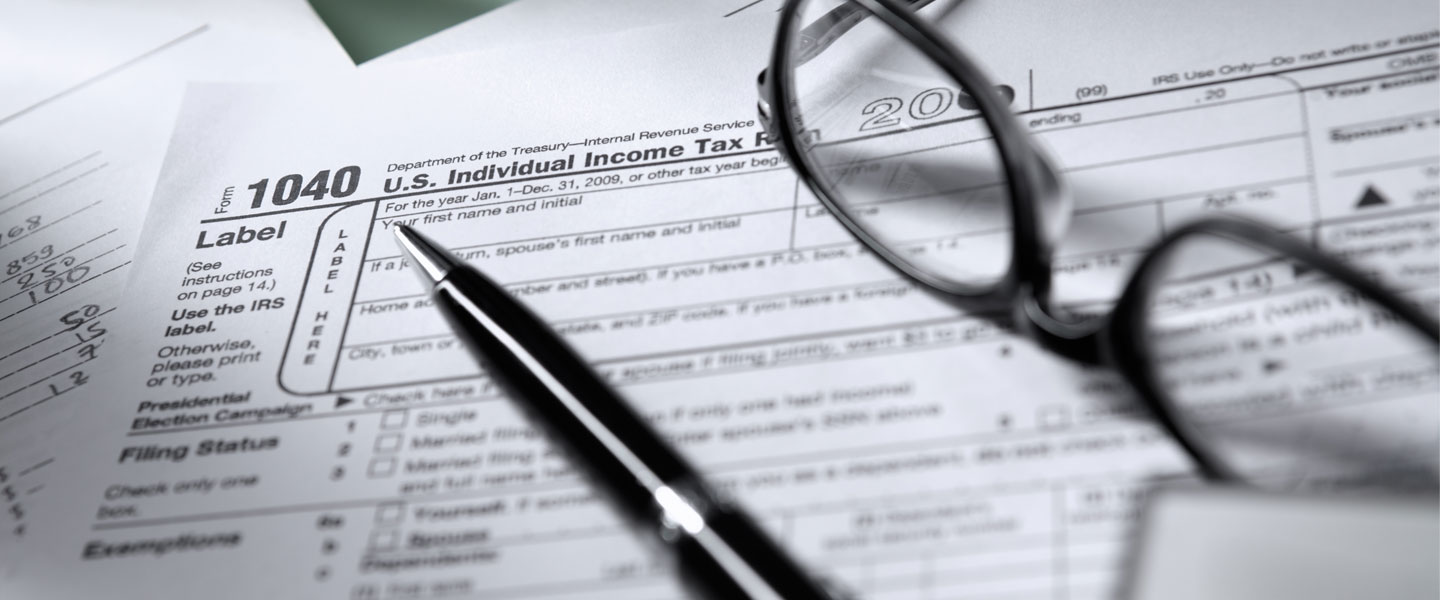How taxpayers can pay the right amount of tax throughout the year
Federal taxes are pay-as-you-go. This means that people need to pay most of their tax during the year, as they earn income. This can be done either through withholding or estimated tax payments.
If the amount of income tax withheld from a taxpayer’s salary or pension is not enough, or they receive income such as interest, dividends, alimony, self-employment income, capital gains, prizes and awards, they may need to make estimated tax payments. Self-employed taxpayers may also need to make estimated tax payments.
Adjust 2021 withholding
All taxpayers should review their federal withholding each year to make sure they’re not having too little or too much tax withheld.
Employees, retirees and self-employed individuals can use the IRS Tax Withholding Estimator to help decide if they should make a change to their withholding. This online tool guides users, step-by-step through the process of checking their withholding, and provides withholding recommendations to help aim for their desired refund amount when they file next year. Taxpayers can check with their employer to update their withholding or submit a new Form W-4, Employee’s Withholding Certificate.
Make 2021 estimated tax payments
Estimated payments are another way for taxpayers to pay what they owe in separate quarterly payments. For tax year 2021, remaining quarterly estimated tax payments are due from individual taxpayers on June 15 and September 15, 2021, and January 15, 2022. The fastest and easiest way to make estimated tax payments is electronically using Direct Pay or Electronic Federal Tax Payment System. Taxpayers can visit IRS.gov for other payment options.
More information:
Pay as You Go, So You Won’t Owe
Estimated Taxes
Form W-4S, Request for Federal Income Tax Withholding from Sick Pay
Form W-4V, Voluntary Withholding Request





